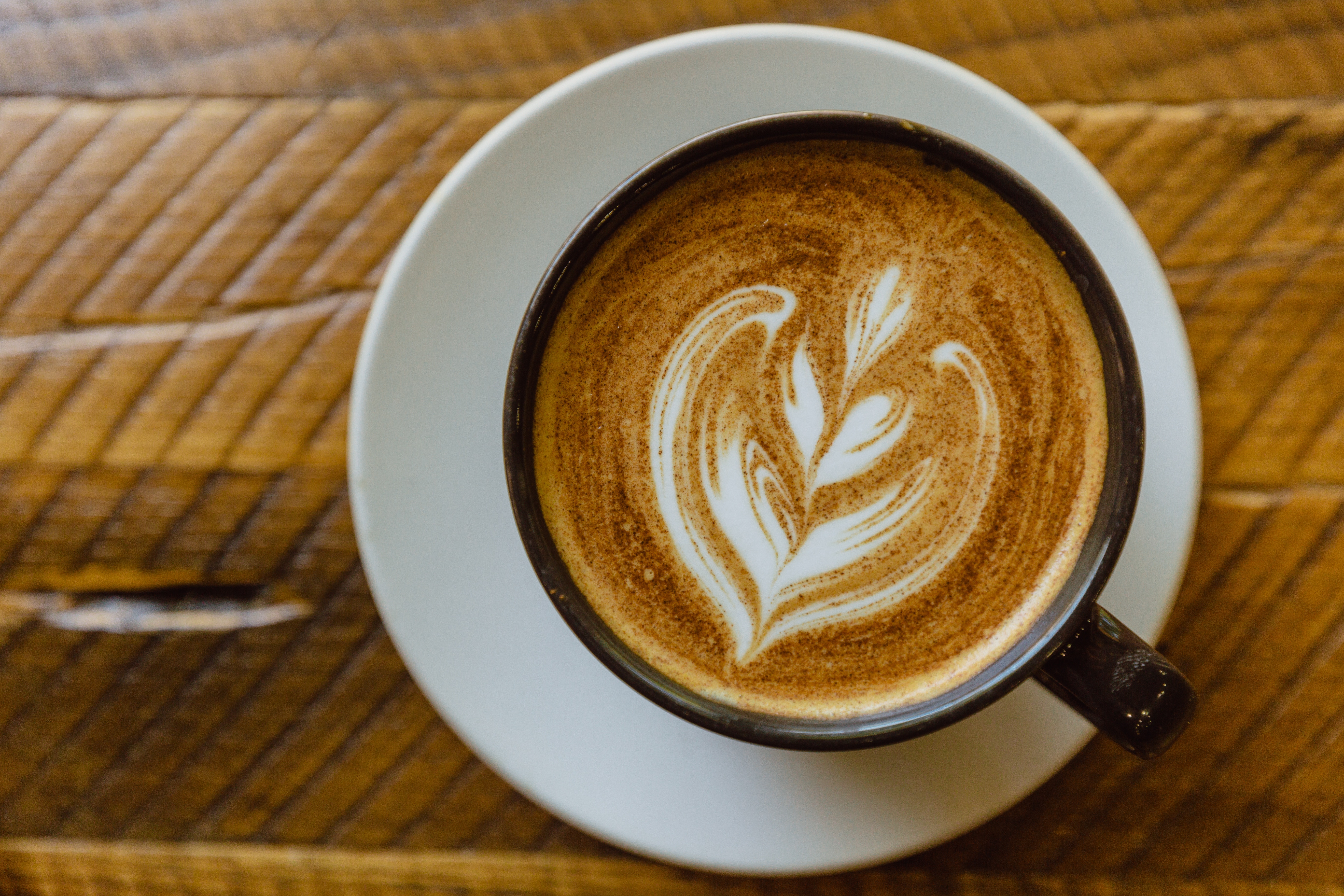Sleep Awareness Week runs between 1st October – 7th October 2018 and this years theme is caffeine! Specifically, could caffeine be masking a sleep disorder?
We all know the importance of sleep for overall vitality but today’s fast paced world makes allowing time to rest difficult due to fear of missing out or not seeming ‘busy.’ This in turn impacts our ability to calm down at the end of the day and for some of us, work after hours to meet deadlines. To help us achieve more than we are probably should, we often rely on caffeine to boost energy and keep us awake.
Caffeine is a naturally occurring substance found in coffee, tea, soft drinks, chocolate, energy drinks and in tablet form. A daily dose of caffeine via a nice cup of coffee or tea actually offers many health benefits including improved memory, cognition and mood while also supplying a dose of antioxidants. Caffeine use becomes a problem when used in excess, used despite experiencing negative effects such as anxiety and irritability or if it impacts sleep. Specifically it may make it harder to fall asleep or sleep may be lighter.
Tips on healthy caffeine consumption
Know your limits
On average, up to 400mg of caffeine per day is considered safe for most adults. If pregnant, this amount should be under 200mg per day. If you are concerned caffeine may be a problem, try keeping a diary, just like a food diary, to see what side effects you experience post caffeine consumption.
Understand the caffeine content of food and drink
Espresso: 145mg/50mL cup
Instant coffee: 1 teaspoon per cup: 80mg/250mL cup
Black tea: 50mg/250mL cup
Coca Cola: 48.75mg.375mL can
Milk chocolate: 10mg/50g bar
Source: FSANZ
Be mindful of when you consume caffeine considering that:
- Caffeine reaches peak levels within 30-70mins (Sleep Health Foundation)
- The effects of caffeine can last 3-7 hours (Sleep Health Foundation)
If you are sensitive to caffeine, do not take close to bed or before an event which you know will increase anxiety.
It can also help to have caffeine post meals as opposed to on an empty stomach as this helps to slow the absorption of caffeine. Also remember caffeine is a diuretic so make sure to drink adequate water daily.
Find healthy alternatives
If you have realised caffeine may be a problem for you but you are very fond of the ritual of having a cup of coffee, think of some healthy replacements such as:
- A morning vegetable and fruit juice served in your favourite coffee cup
- Green smoothie as afternoon pick me up
- Refreshing ginger or rooibos tea – or purchase a fancy blend from a local tea shop
- Kombucha for some fizz instead of coca cola
- A calming chamomile tea before bed
- Homemade coconut, fruit and nut bars instead of chocolate
For more information visit: https://www.sleephealthfoundation.org.au
